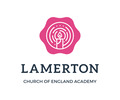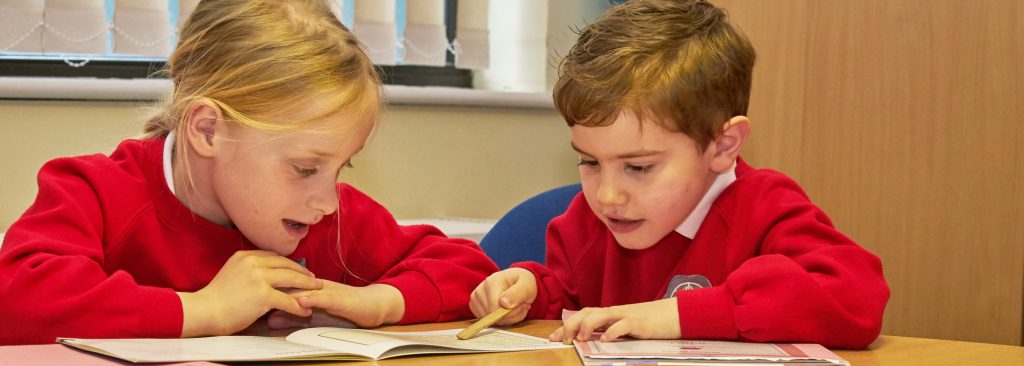


Intent
Science is a systematic investigation of the physical, chemical and biological aspects of the world which relies on first-hand experiences and on other sources of information. The scientific process and pupils’ problem-solving activities will be used to deepen their understanding of the concepts involved. The main aspects of science to be studied will be determined by the programmes of study of the National Curriculum 2014.
Foundation Stage pupils investigate science as part of Knowledge and Understanding of the World. Children are encouraged to investigate through practical experience: teachers guide the children and plan opportunities that allow the children to experience and learn whilst experimenting for themselves. By careful planning, pupils’ scientific skills and
knowledge gained at Key Stage 1 will be consolidated and developed during Key Stage 2.
Pupils in Key Stage 1 will be introduced to science through focused observations and explorations of the world around them. These will be further developed through supported investigations into more independent work at Key Stage 2. The knowledge and content prescribed in the National Curriculum will be introduced throughout both key stages in a progressive and coherent way.
Our aim is to build science capital for all our children, regardless of their background and starting point so that they are inspired to continue to use science in their everyday life, future education and careers.
Pupils will be involved in a variety of structured activities and in more open-ended investigative work:
We will deliver a Science Curriculum that:
Implementation
The curriculum is led and overseen by the science curriculum leader, who will regularly monitor, evaluate and review science teaching and learning, celebrating and sharing good practice. Formative assessments will be integrated into every day science teaching to ensure teachers have an in-depth knowledge of the children’s learning and inform their next steps. Low stakes testing of science will also inform termly assessments and allow for long term memory development and secure understanding of skills.
The National Curriculum provides the basis for our science curriculum, which is then tailored to meet the learning and developmental needs of the children in our school. We have worked with Plymouth Science Team and have had training from them. Our knowledge, skills and enquiry are planned across year groups. Our mixed age classes incorporate key knowledge, skills and enquiry on a rolling cycle.
Knowledge organisers are used for each topic as a reference and for assessment purposes. This will map out the knowledge, vocabulary and investigative skills needed to master the concepts.
The understanding of and ability to use tier 2 and tier 3 vocabulary will be taught as an essential aspect of scientific development. This will be developed alongside subject knowledge and a focus on the importance on well-planned controlled investigations.
Impact
EYFS
Science is explored through the children’s understanding of the world and elements of technology. Learning in the outside environment is key to enhancing child-led learning. We provide opportunities for children to question, wonder, explore, discover, experiment and observe through direct experiences. The children are introduced to scientific vocabulary to help them further their understanding and are asked open-ended questions, so that they can make predictions and give them opportunities to question. Our expertly planned Early Years provision ensures that children have access to a diverse range of materials that work in different ways for various purposes. Children can use resources and the environment around them to notice similarities and differences, changes over time such as a growing plant in our vegetable patch and discuss their point of view with their peers, or watching the life cycle of a frog during the Springtime. Our EYFS curriculum, outdoor area and Forest School allow our Foundation Stage children to develop their enquiry skills from an early age, enabling them with a head start into the world of scientific enquiry.
We have mapped out a progression of knowledge, skills and enquiry across the school year groups:
Vocabulary Progression Science
Science Progression of knowledge, skills and vocab
Some useful documents:
Working Scientifically-observing-over-time
Working Scientifically-Fair Tests
Working Scientifically-pattern-seeking
Working Scientifically-identifying-and-classifying
Working Scientifically-ideas-over-time
Working Scientifically-research
Working Scientically-comparative-testing